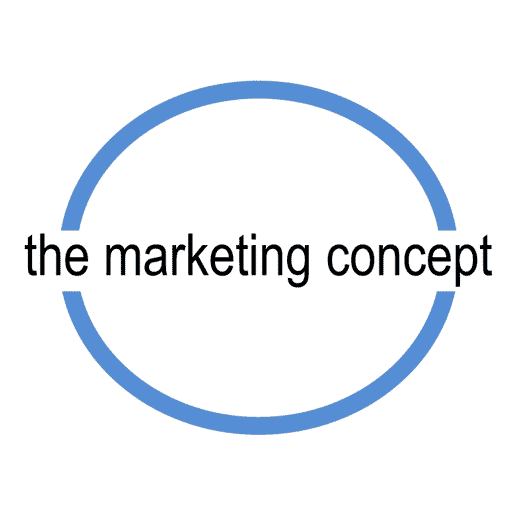
Activity: ‘hey google’
In this activity we explore the evolution last 20 years of the evolution of marketing – exploring how the internet has changed the way we live our lives. Whilst there is a big upside there are also some real issues.
‘OK Google’ when was Google born?
Our Google Assistant informed me that Google was born on September 4th 1998. Therefore, 2018 marks the 20-year anniversary of Google.
This does not seem so far away for those of us who can remember 1998, when we marvelled at website software such as Microsoft FrontPage [on a CD – in a box – a one-off purchase price], however, it is staggering to think how ‘technology enabled marketing’ has evolved over the last 20 years.
I doubt anyone in 1998 imagined voice search, … or … booking a holiday online, free video phone calls, Uber, Netflix, Spotify or on demand news …
In the past, a smart watch was worn by fictional newspaper cartoon superheroes.
A friend told me that one day she showed a class a ‘floppy disk’ and a student remarked ‘that’s cool – you have 3D printed the save icon’.
Today, software for marketing practitioners [SfMP] has enabled marketing practitioners to listen and learn and engage through social media discussions – to better understand brand identity. With SfMP marketing practitioners can be more directly involved with their customers and better placed to uncover their customers’ dreams, desires, and demands.
However, the marketing concept remains an axiom – organisation that best satisfy the needs of their customers are best placed to satisfy their own needs.
Tasks:
Do you remember floppy disks? If not search and then trace their product life cycle.
Some say we live in a ‘subscription economy’ consider the regular subscriptions that you make to access a service over the internet.
Select and consider an automated software that you interact with on a regular basis. Then search for software as a service and make a few brief notes of what it is and a few examples of how it facilitates and supports both customers and organisations.
Marketing practitioners generally have a customer relationship management programme [CRM], in many organistions CRM software is part of the everyday running of the business. Search customer relationship management software – identify the key players and explore the stated benefits to marketing practitioners.
